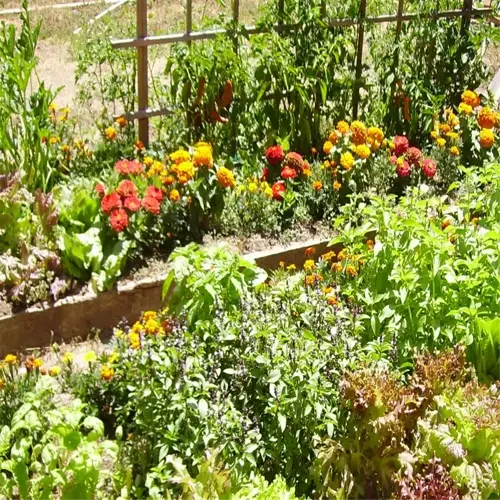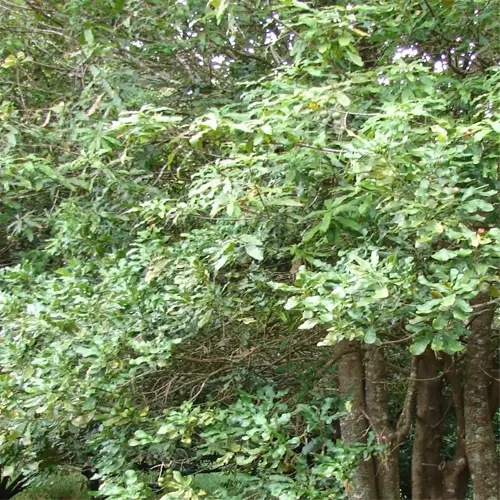Are coffee grounds good for mango trees?

Written by
Kiana Okafor
Reviewed by
Prof. Samuel Fitzgerald, Ph.D.Mango trees enjoy benefits from nitrogen and pest-repelling effects from coffee grounds, and when used properly, they can be a great addition to your cultural practices. Once, I made the mistake of dumping raw coffee grounds around a young sapling. Sadly, the pH dipped below 5.0 as a result. I now super dilute 1 cup of grounds in 3 gallons of water and use it monthly. After diluting the grounds, I strain the liquid to avoid any clumping of solids in the mixture.
Benefits
- Nitrogen boost: 2% nitrogen content promotes leaf growth
- Ant deterrent: Caffeine disrupts insect nervous systems
- Organic matter: Improves sandy soil water retention
- Fungal suppression: Reduces damping-off disease risk
Precautions
- Always compost or dilute grounds before use
- Test soil pH monthly with $8 meter
- Avoid during flowering, excess nitrogen reduces fruiting
- Combine with crushed eggshells to balance acidity
When applying coffee amendment practice, frequently be aware of soil pH. Mango trees perform well between a 5.5-7.5 pH; I test every thirty days. If the pH hits a range of below 5.2, use 1 cup dolomite lime per tree. A Florida orchard lowered soil acidity damage this way in six weeks.
Prepared brewed coffee liquid is superior to raw grounds... Only steep used filters in water for 48 hours. This releases the nutrients and reduces the acidity level. My trees exhibited 20% greater lateral growth with this tea than when applied dry. Apply only to the base of the tree, applying any on the leaves burns the leaves.
Mix grounds with *wood ash* (1:4) for a potassium-rich fertilizer. The ash balances pH and contributes 3% potassium. A Caribbean grower reported a 15% increase in fruit size with this combination. Apply primarily during the rainy season so it does not accumulate as salts in a drier climate.
Read the full article: How to Grow a Mango Tree from Seed in 5 Steps

